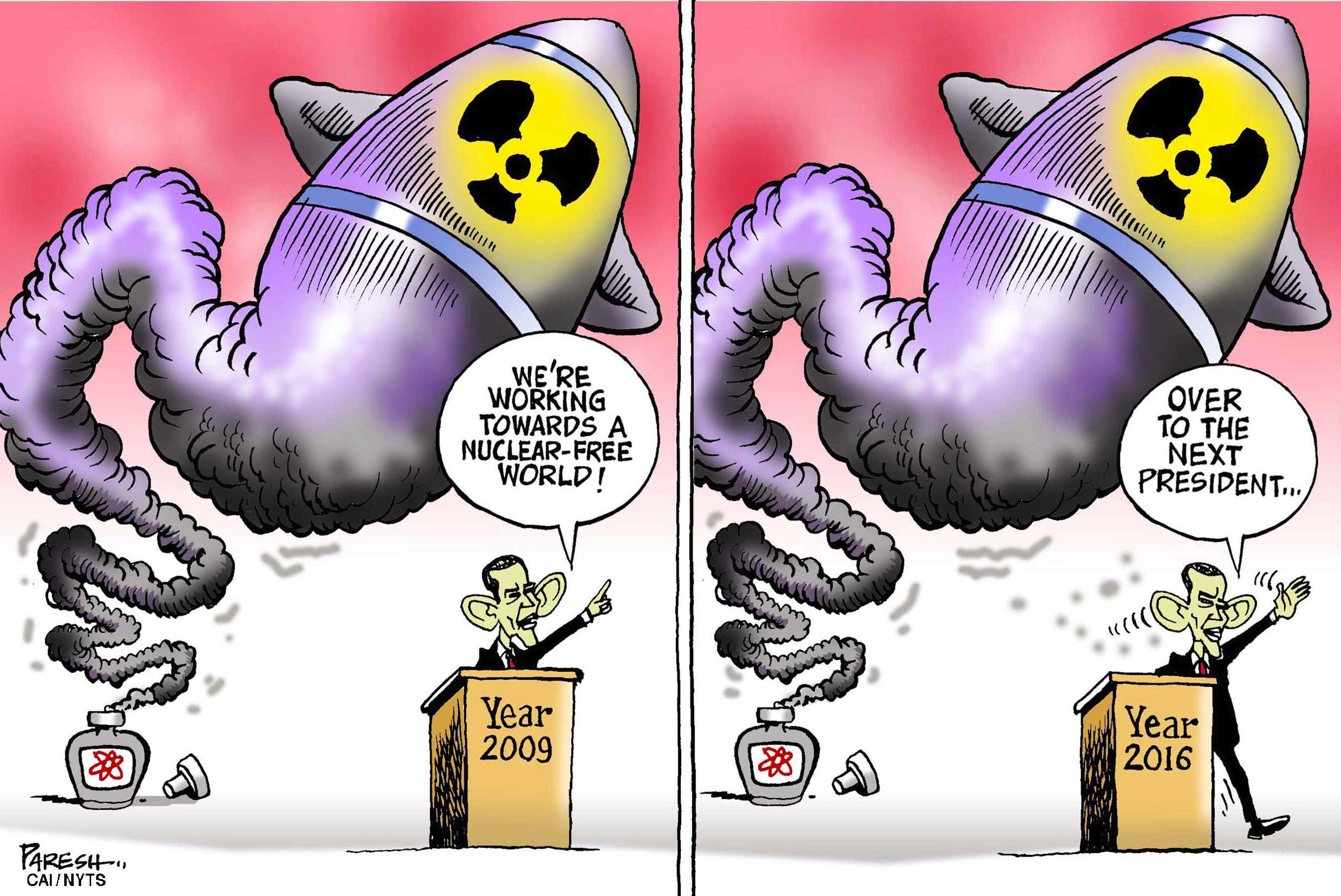On May 27, following in the footsteps of Ambassador Caroline Kennedy last year and Secretary of State John Kerry last month, Barack Obama will become the first U.S. president to visit Hiroshima (or Nagasaki) — the worldwide symbols of the horrors of nuclear war. Even more remarkably, he will do so while still in office, albeit in the soft autumnal glow of his tenure. Even for a president who has chalked up many firsts, starting with his election and most recently a visit to Castro's Cuba, this will be a visit pregnant with deep symbolism that will resonate not just in Japan and America but the whole wide world.
Obama is not expected to make a major policy speech nor to issue an apology for the two atomic bombings. Mercifully, this seems consistent with the wishes of a majority of Japanese people, including hibakusha. He is right not to apologize.
Contrary to the balance of impressions conveyed by the public commemorations in Hiroshima and Nagasaki, Japan was not a purely innocent victim; it was guilty of aggression and other war crimes. This is not to blame the innocent civilian victims of the two bombs, but rather to recall the context: the final weeks of a horrific war initiated by Japan during which it committed many atrocities.


















With your current subscription plan you can comment on stories. However, before writing your first comment, please create a display name in the Profile section of your subscriber account page.